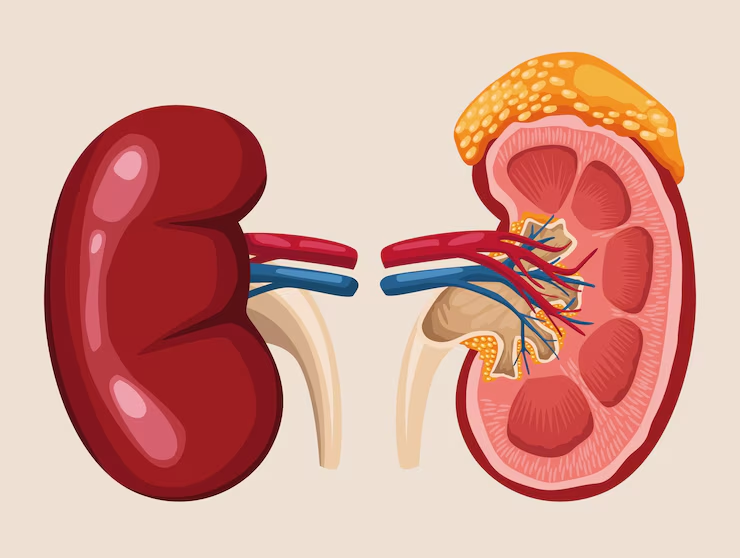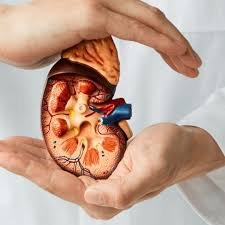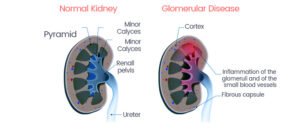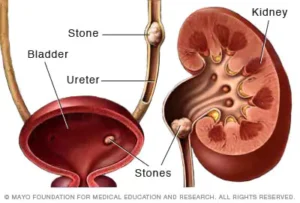Most kidney problems do not start with pain. They begin with subtle changes—ones that are easy to miss. Paying attention to the early signs of kidney disease can make all the difference. It means spotting your body’s quiet signals and responding before things get worse. You do not need to wait for a serious issue to take action. Knowing what to look for and when to act gives you a real chance to protect your health early on.
Common Early Signs You Should Not Ignore
Recognizing the early warnings your body provides can be crucial in managing kidney health before more severe issues arise. Here are some signs you shouldn’t overlook:
- Changes in Urination: Whether it’s more frequent urination, especially at night, or noticeable differences in the color and consistency, these changes can signal kidney distress.
- Swelling or Puffiness: Fluid retention around the eyes, ankles, or wrists often occurs when kidneys can’t remove excess fluid from the body.
- Fatigue and Weakness: Feeling unusually tired can be linked to a decrease in kidney function due to toxins building up in your blood.
- Dry and Itchy Skin: Healthy kidneys help make hormones that keep your skin moist and produce red blood cells. Dry, itchy skin might indicate kidney issues.
Each of these symptoms could be easily dismissed as minor or unrelated, but together they can point to early kidney disease. If you notice any of these, consider reaching out for a professional evaluation.
Risk Factors That Increase Your Chances
It’s essential to know what could increase your susceptibility to kidney disease, beyond just the symptoms. Here are the key risk factors:
- Diabetes: Persistently high sugar levels can harm the blood vessels in your kidneys, impeding their function over time.
- High Blood Pressure: This condition not only stresses your heart but also your kidneys, highlighting the importance of keeping it under control.
- Family History: Genetics significantly influence kidney health. If your relatives have had kidney disease, you may be more prone to it.
- Age: Older adults face a greater risk, especially when combined with other health issues.
- Obesity: Carrying extra weight burdens your kidneys, potentially accelerating their decline.
Managing these factors proactively can help safeguard your kidney health for years to come.
What to Do If You Notice Symptoms
If something feels off, trust that instinct. When you notice potential early signs of kidney disease, taking action right away matters. Do not wait for symptoms to worsen. Instead, talk to your primary care provider. A simple blood test or urine check can reveal a lot about how your kidneys are doing.
You can also explore local resources like our Kidney Disease Care & Prevention services. At South Oklahoma Kidney Center, we help you get ahead of the problem. Early care leads to better outcomes and often fewer complications.
Taking the first step might feel uncertain, but reaching out for help shows strength. Your health is worth that call.
Stay Ahead With Simple Lifestyle Tips
Keeping your kidneys healthy does not require drastic changes. Small daily habits can make a big difference. Here are a few practical ways to protect your kidney health:
- Drink enough water. Staying hydrated helps your kidneys clear waste from your body more effectively.
- Cut back on salty foods. Too much salt raises blood pressure, which stresses the kidneys.
- Eat fresh and balanced meals. Choose fruits, vegetables, whole grains, and lean proteins to support your overall health.
- Move your body often. Regular activity helps you manage weight, blood pressure, and blood sugar—all important for kidney health.
- Be cautious with medications. Taking pain relievers too often, especially NSAIDs, can harm your kidneys over time.
You do not need to overhaul your life to protect your kidneys. Simple choices, made daily, go a long way. If you are unsure where to start, let us guide you. Our care team is here to help you feel confident and supported every step of the way.





